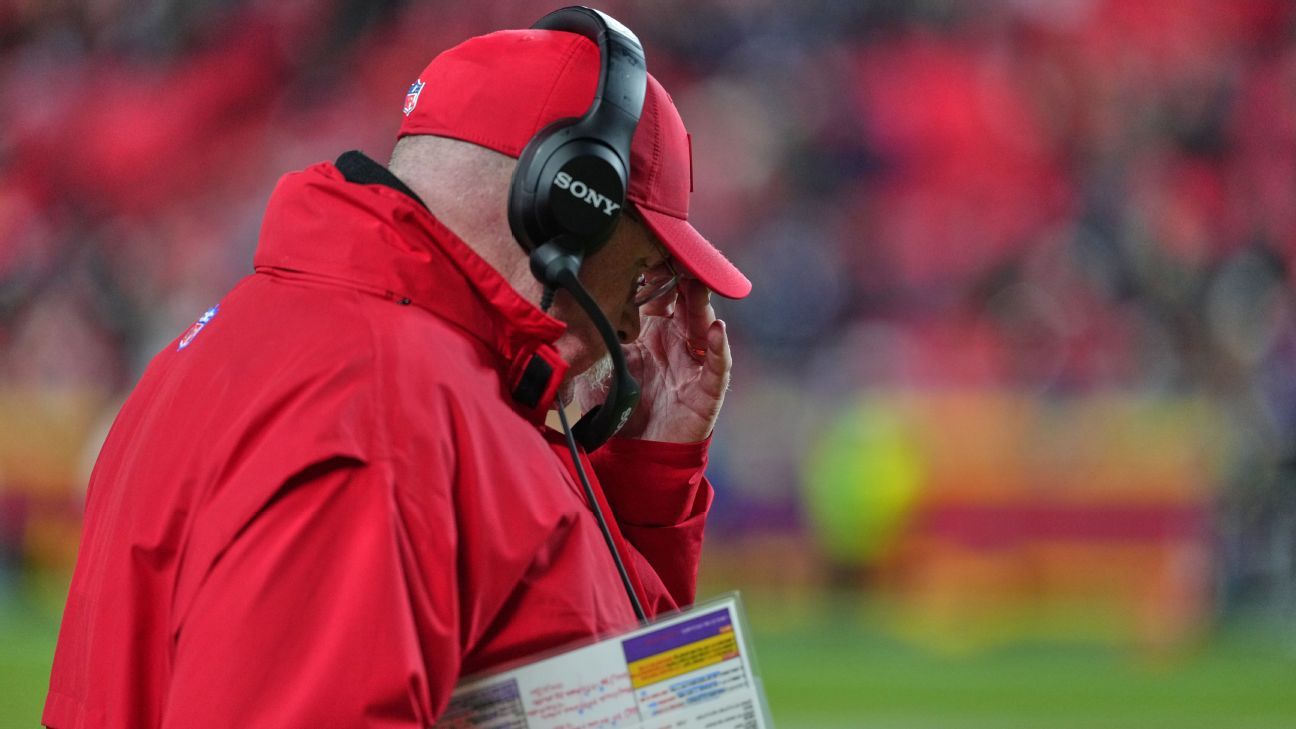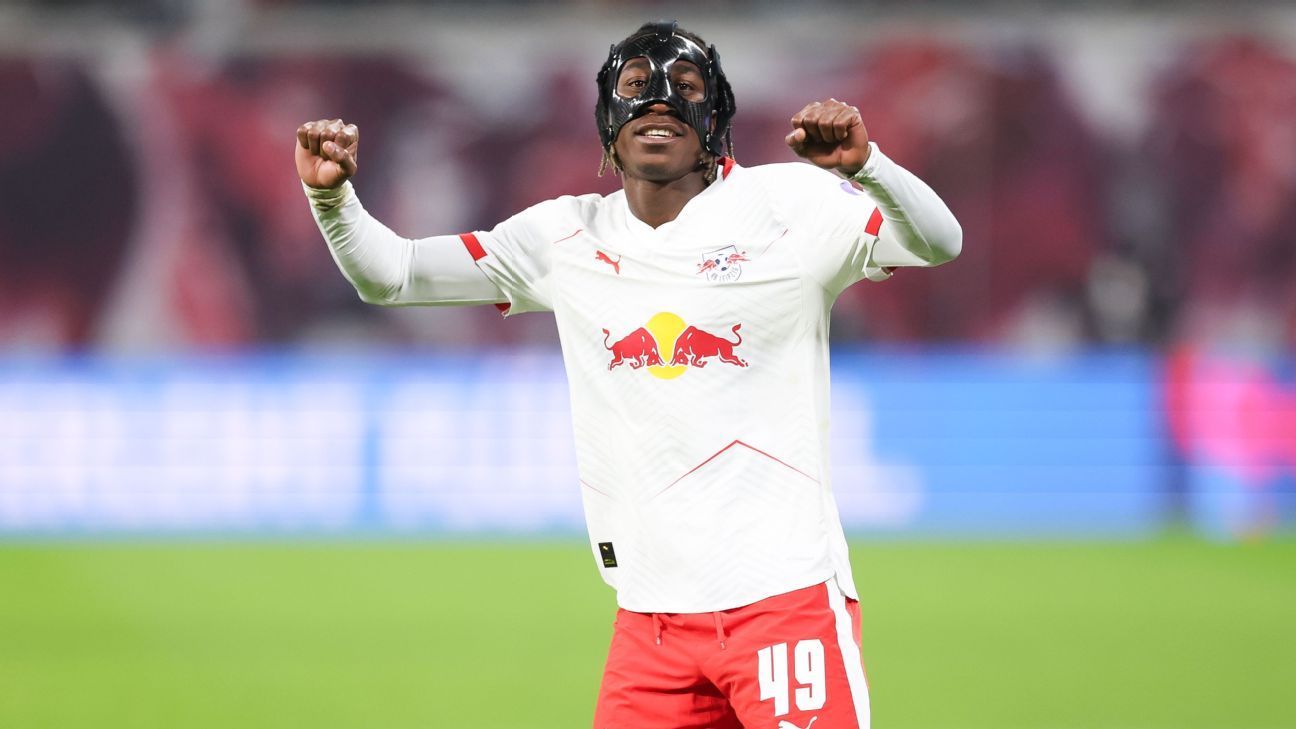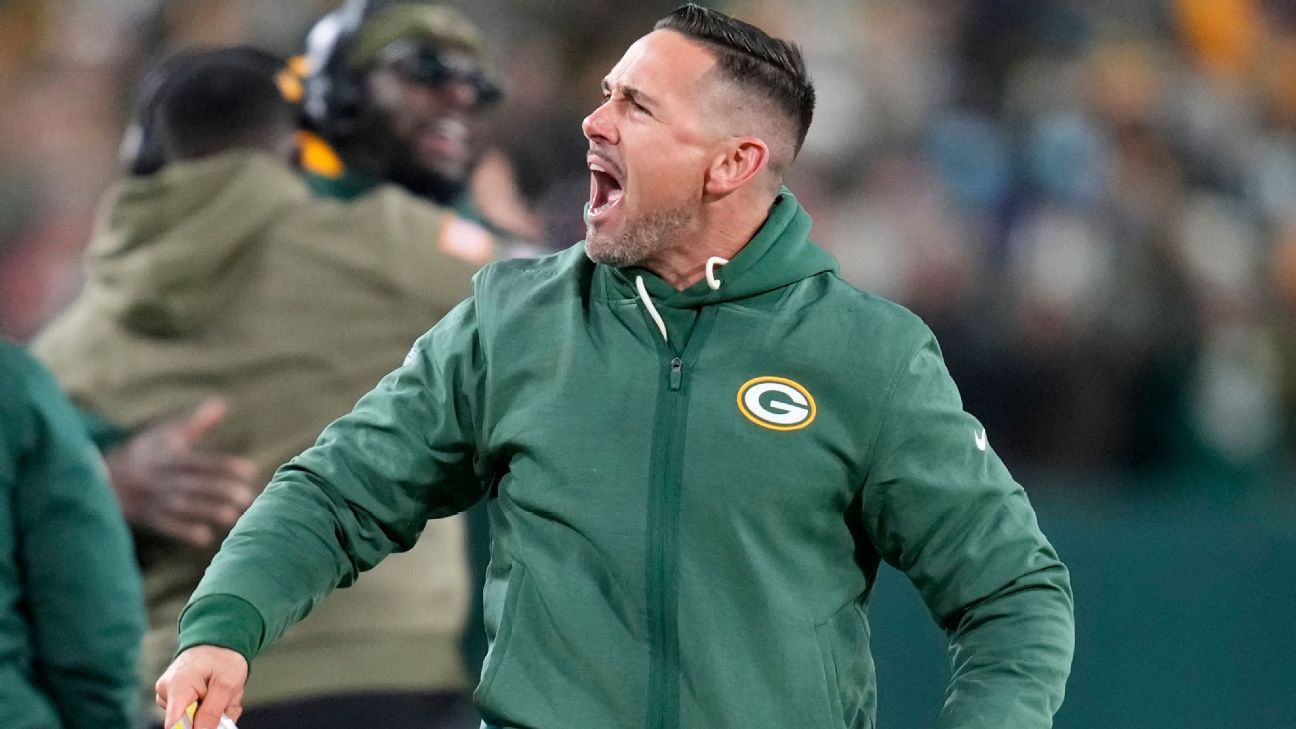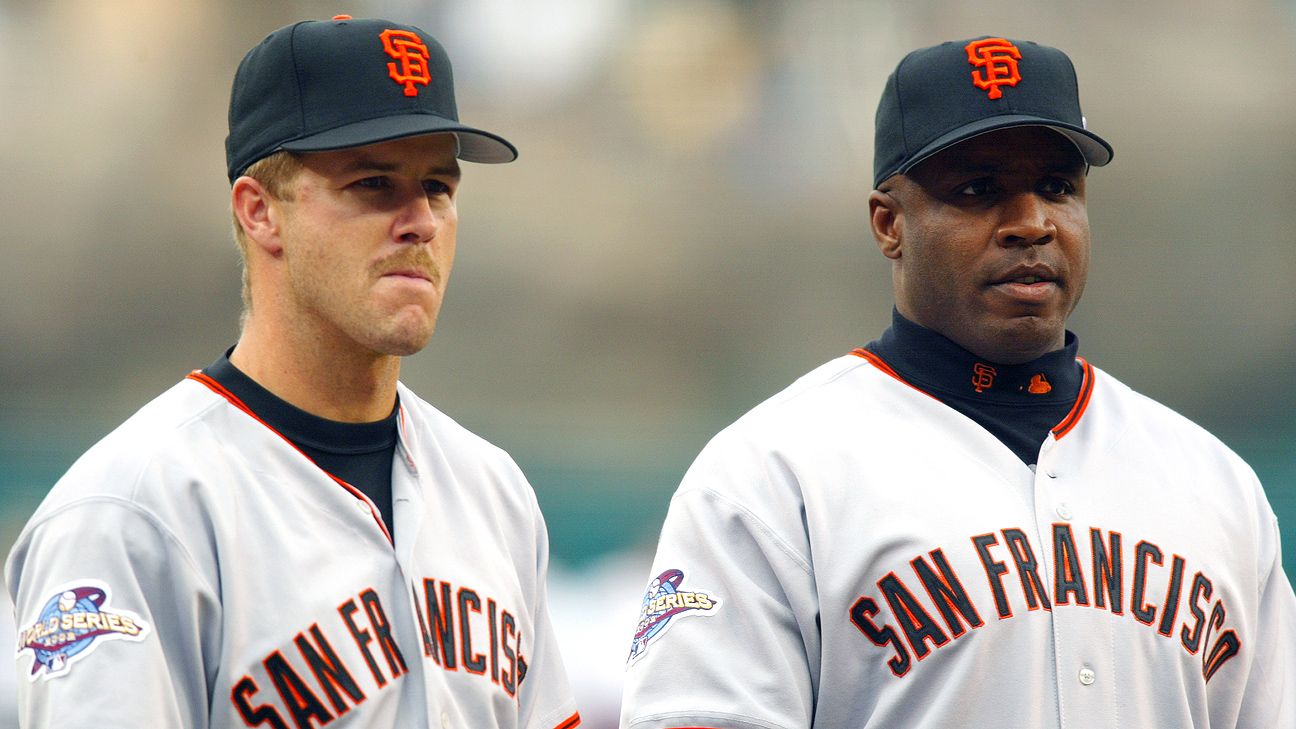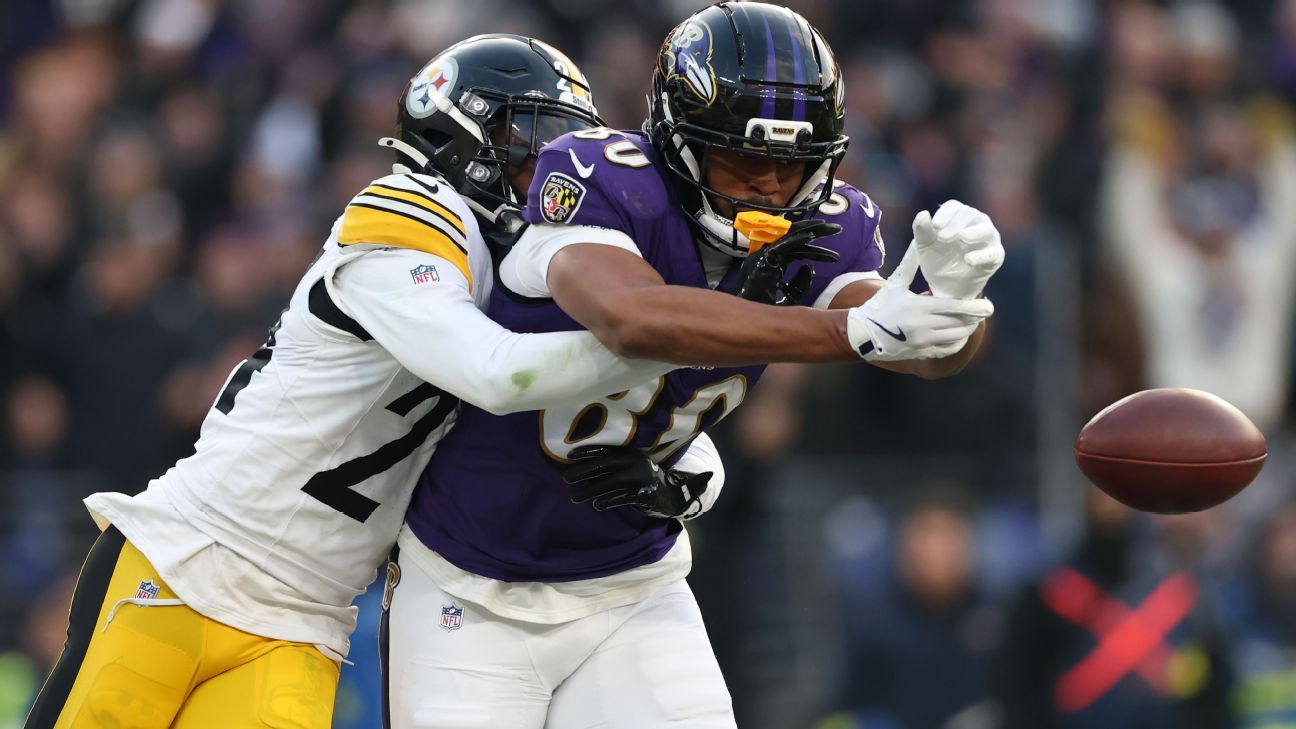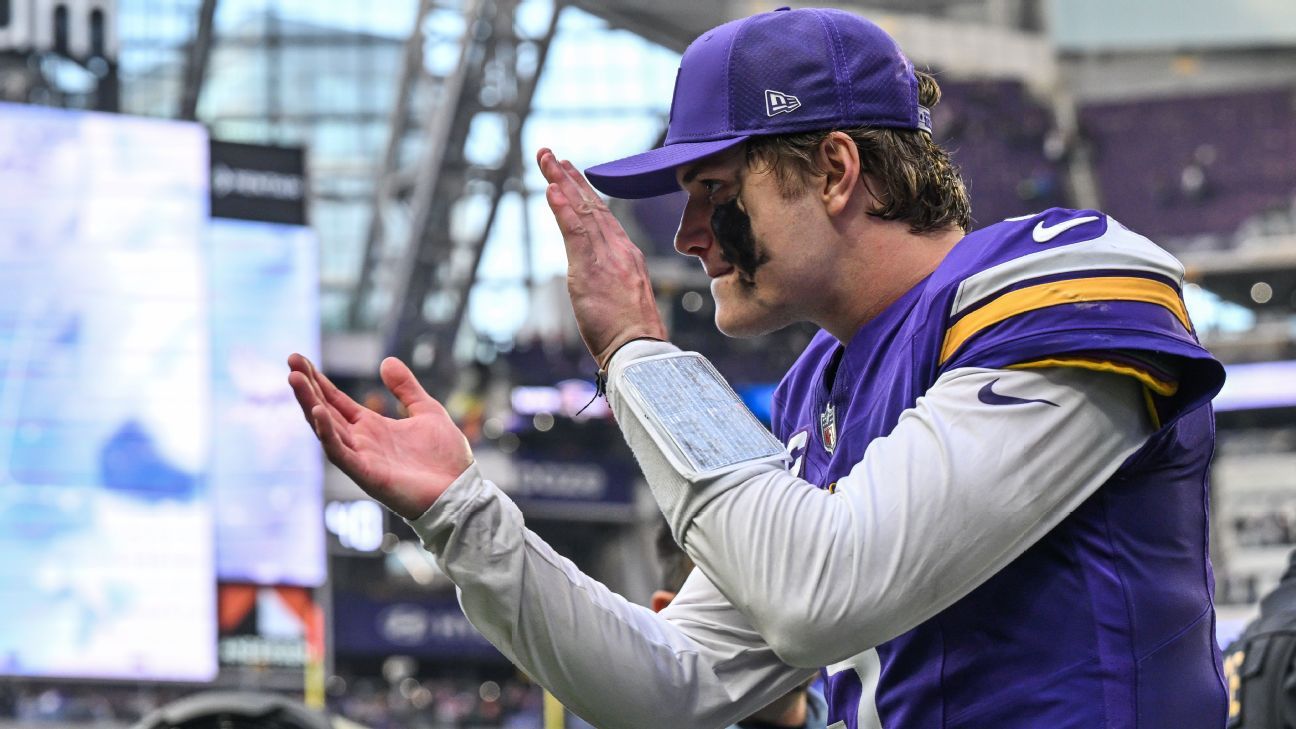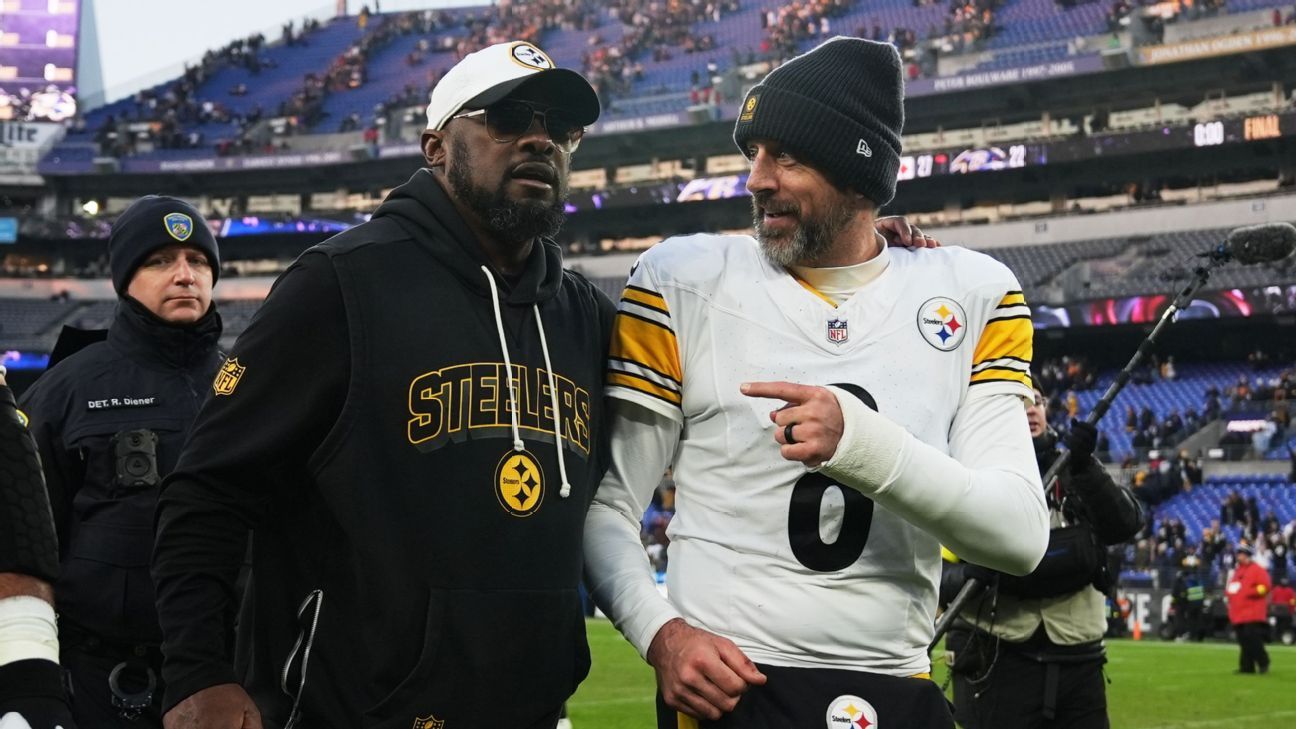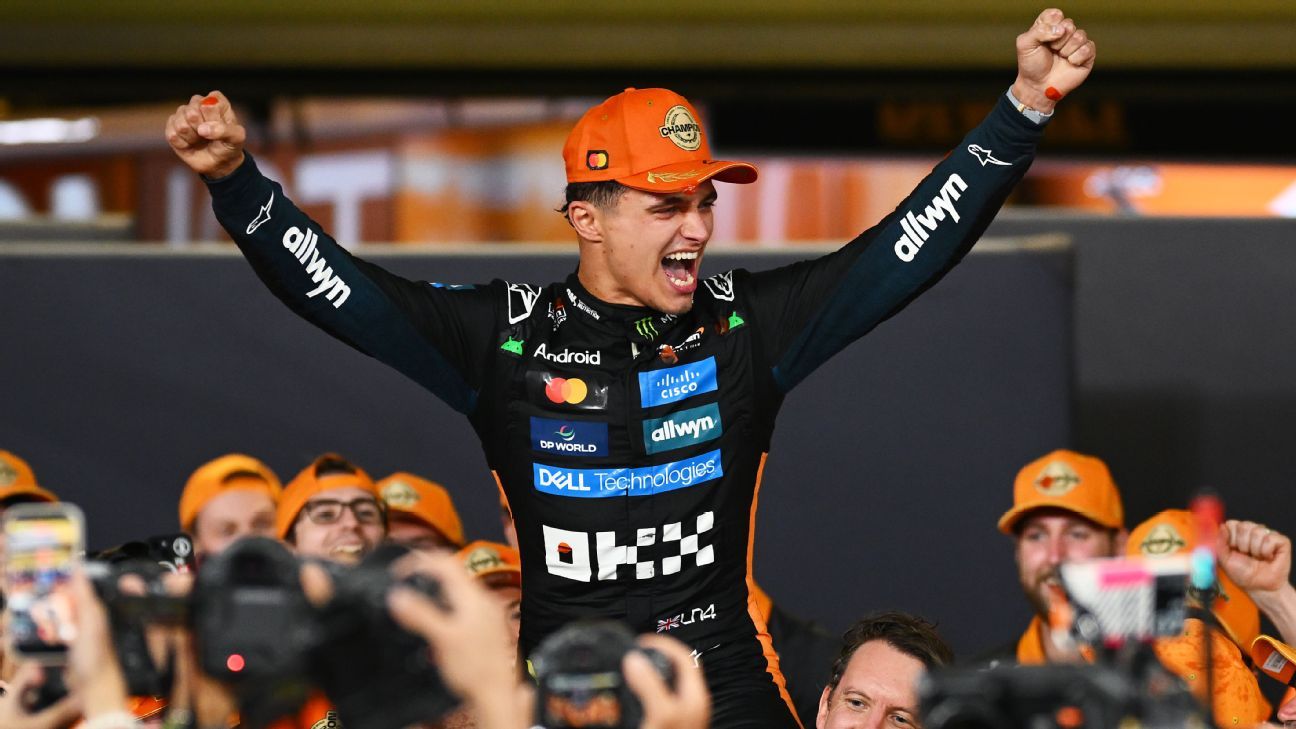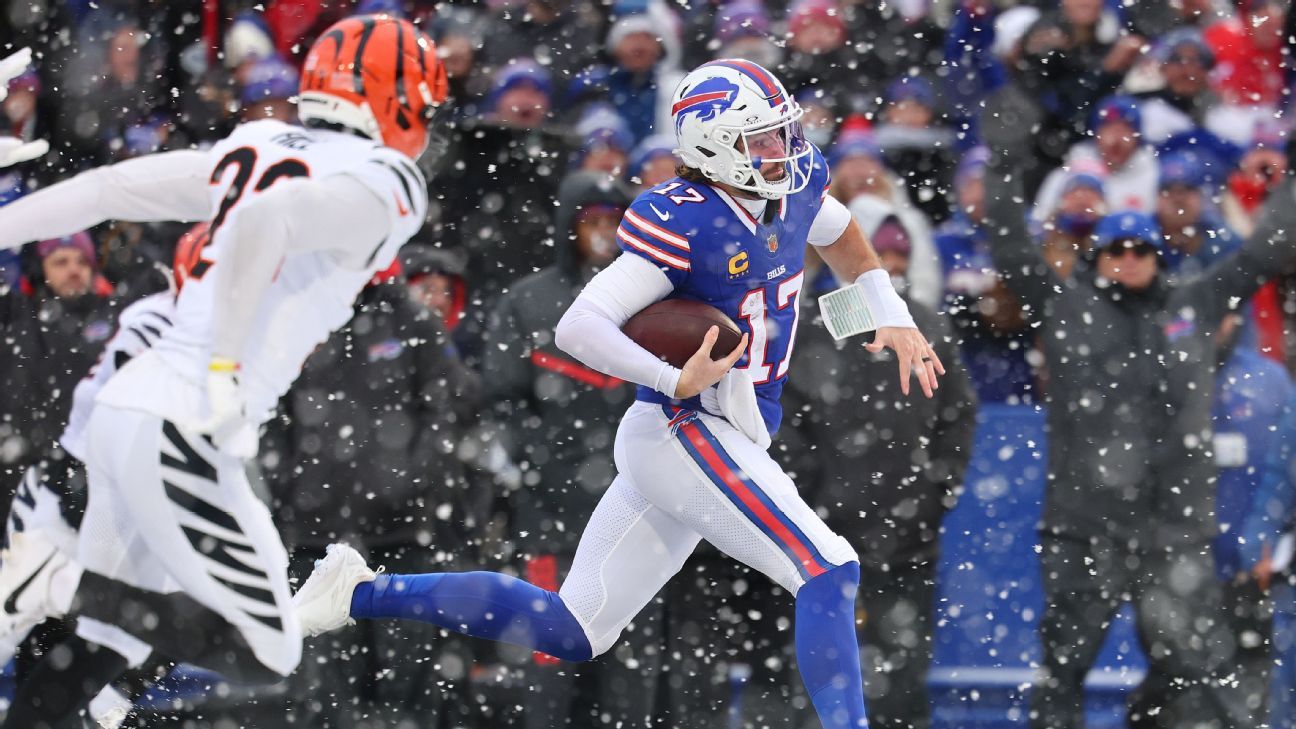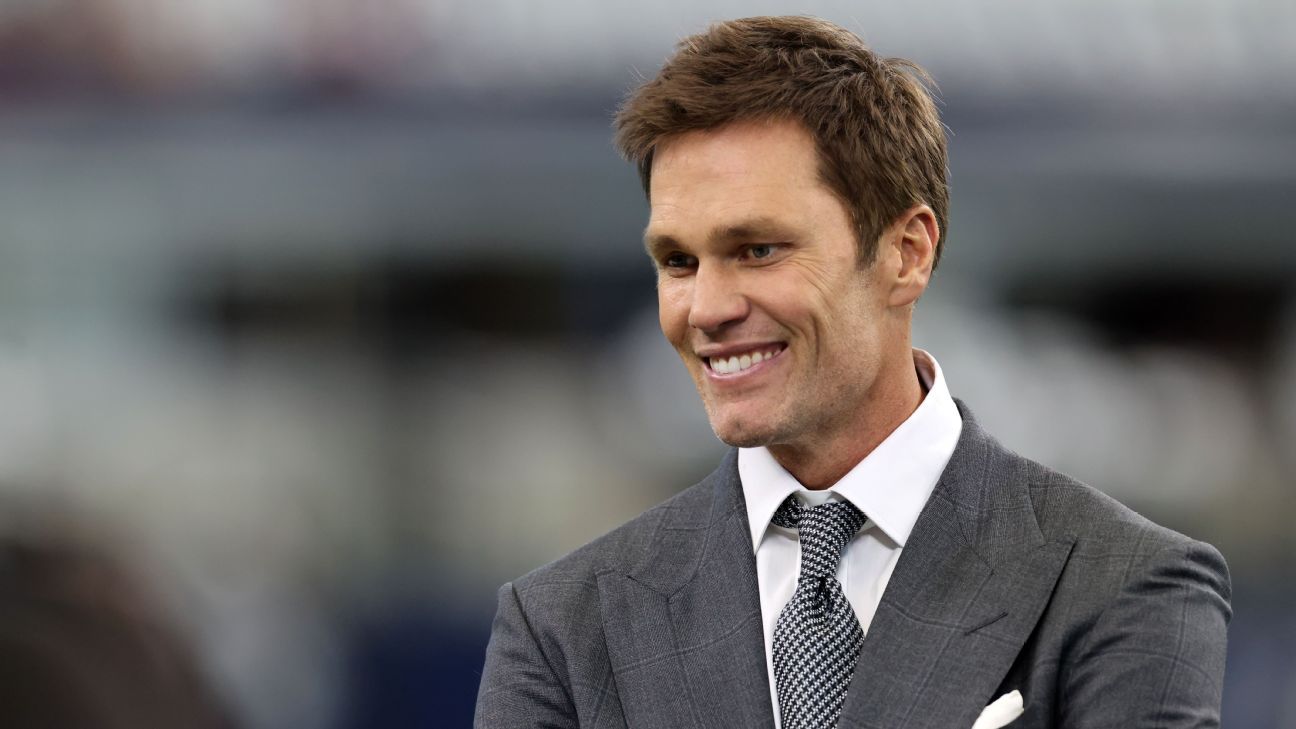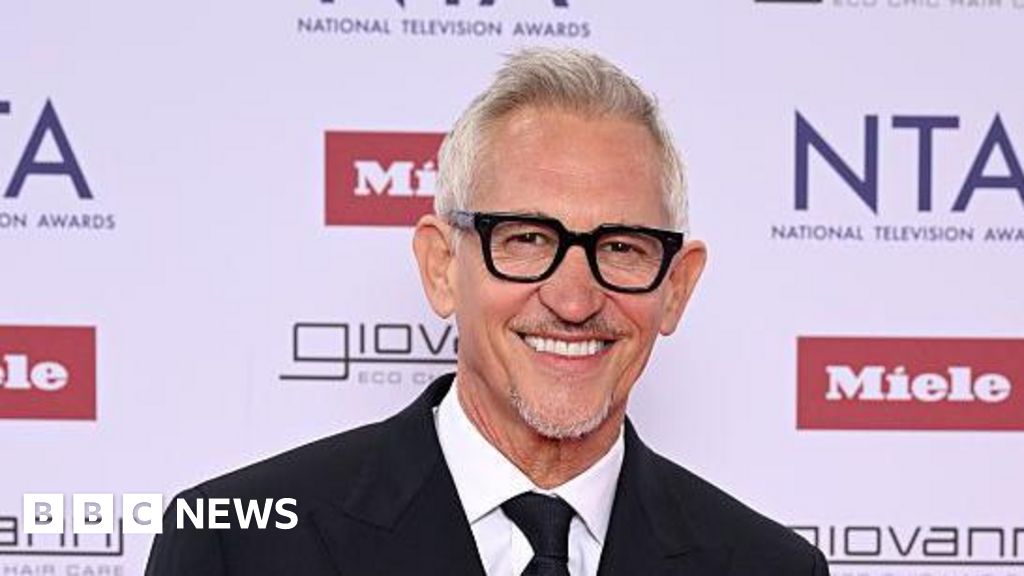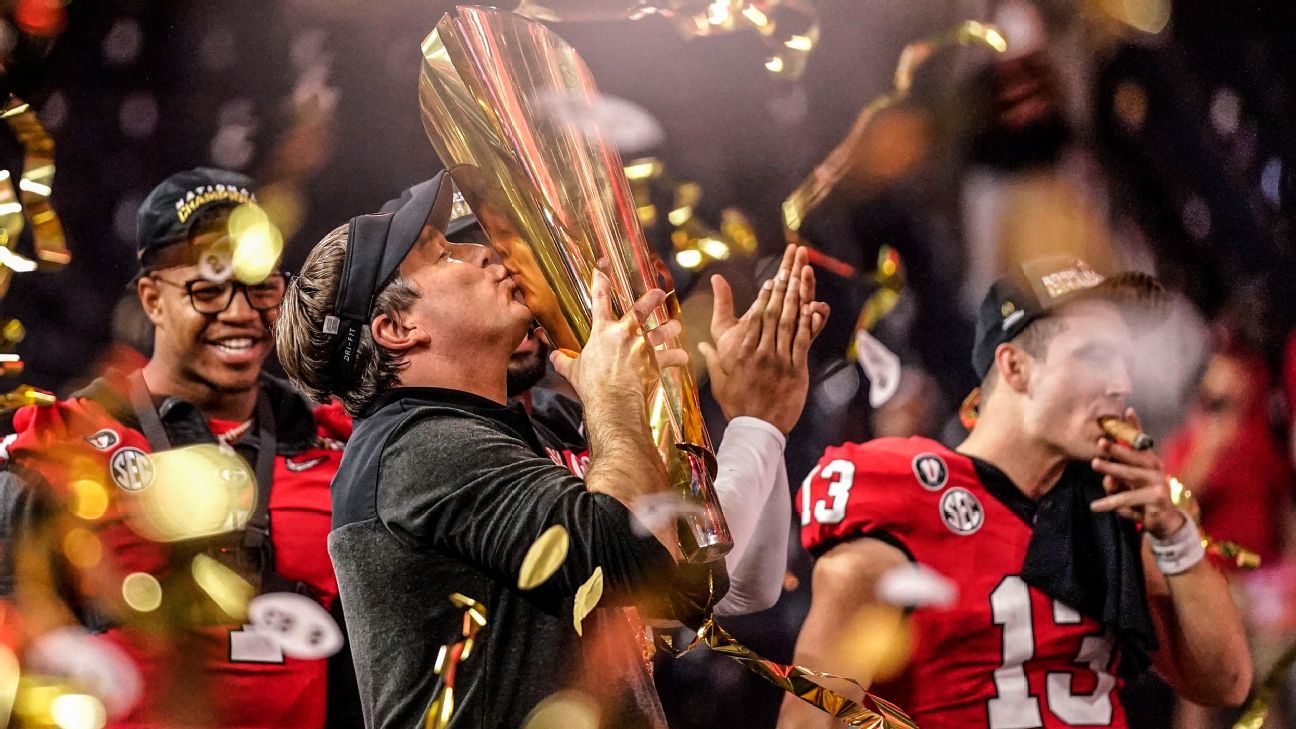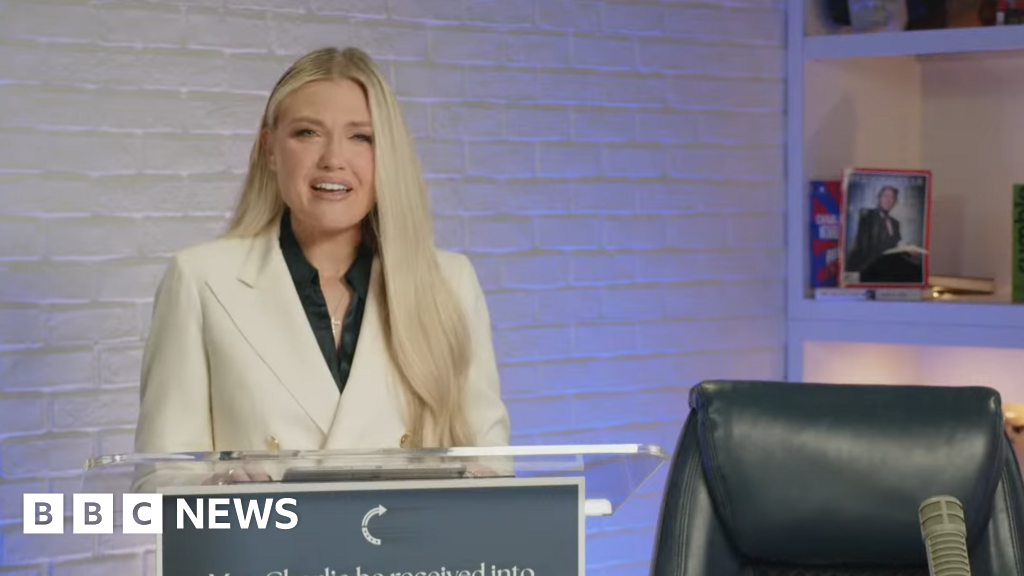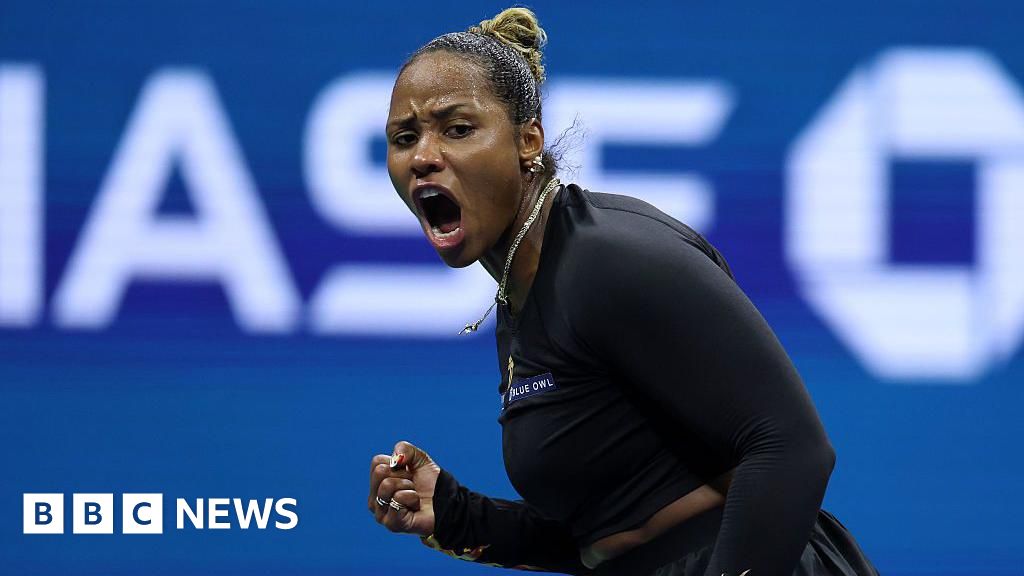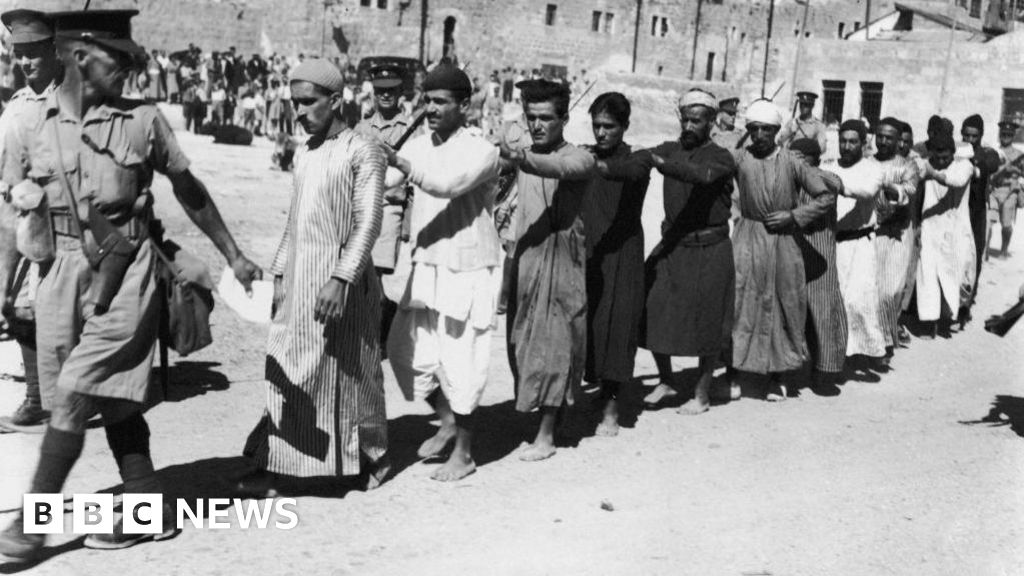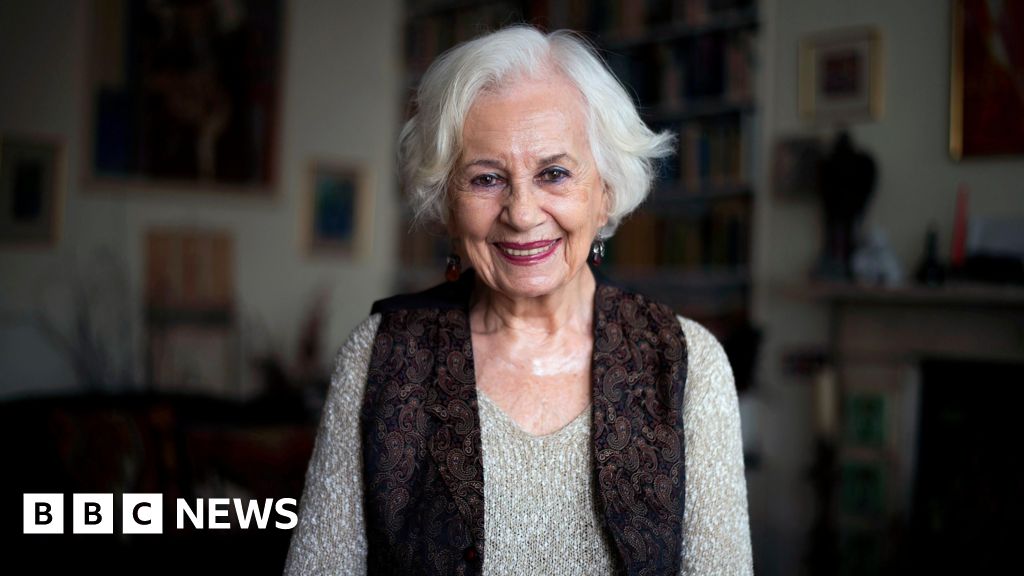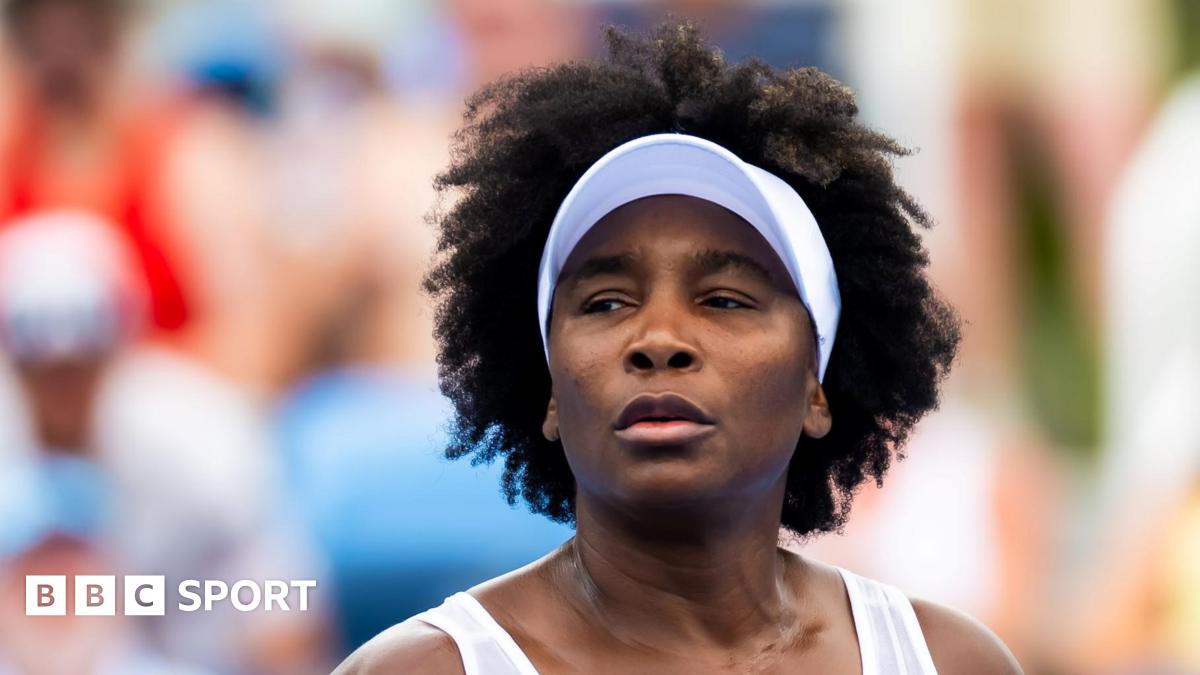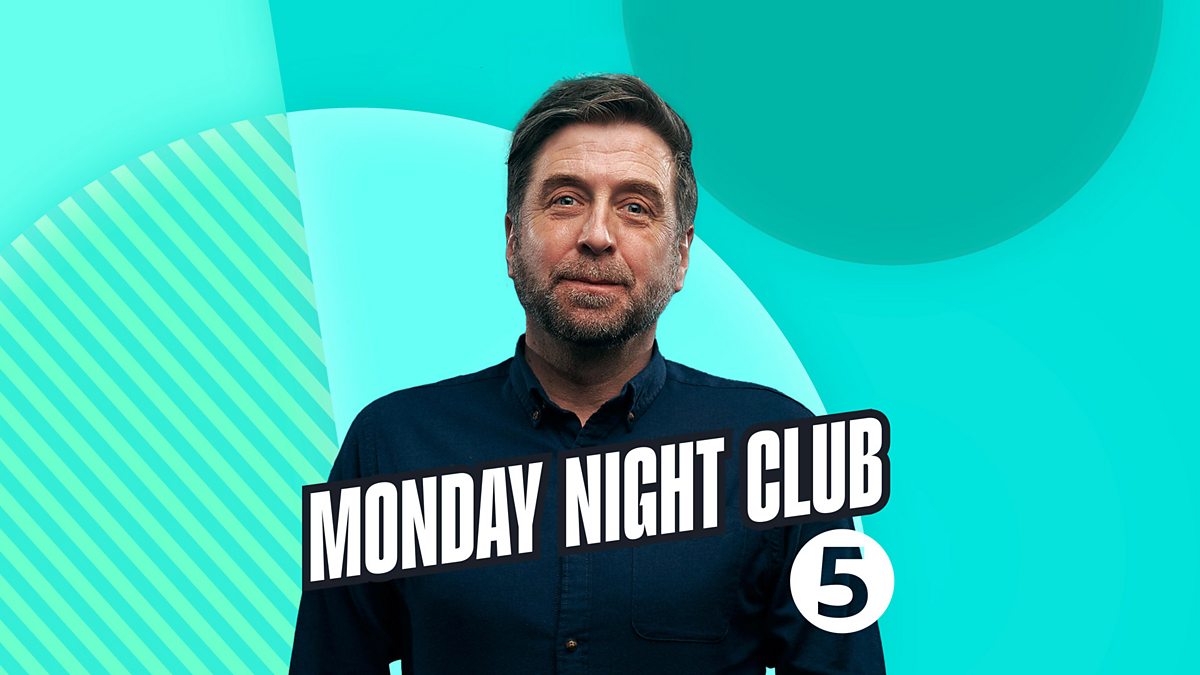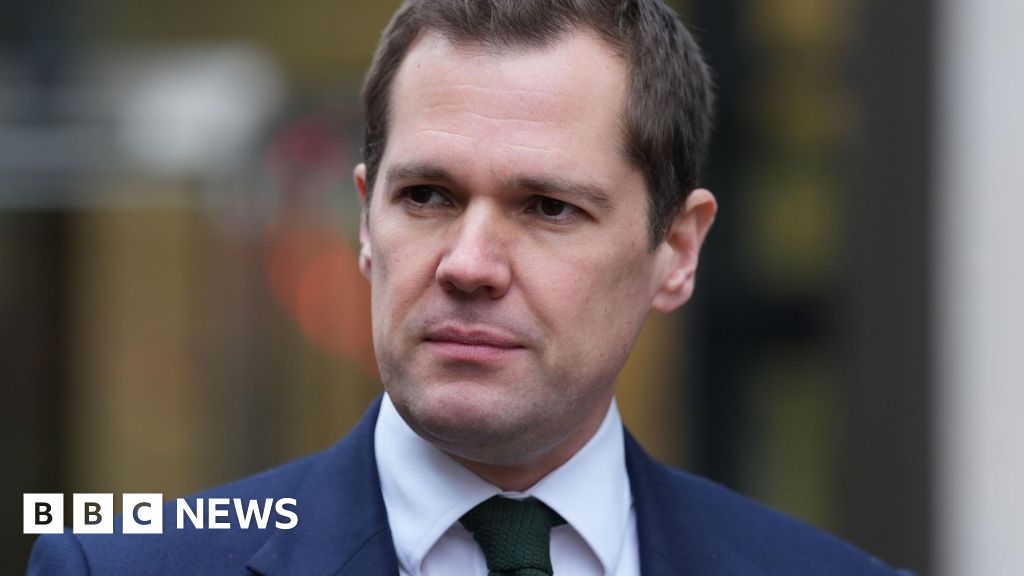Dan Wetzel

Dan Wetzel
ESPN
Dan Wetzel is a senior writer focused on investigative reporting, news analysis and feature storytelling.
Aug 15, 2025, 07:25 PM ET
Former Michigan staffer Connor Stalions referred to his advanced sign-stealing operation as both "counterintelligence" and "the KGB," called the video it elicited "dirty film" and ultimately threw his phone in a pond rather than turn it over to NCAA investigators.
The NCAA decision in the University of Michigan advanced scouting case divulges many details from Stalions' scheme, which captivated the country as it unspooled during Michigan's 2023 national championship run.
The punishments for that operation, nearly two years after it was revealed, arrived on Friday.
They include a three-game suspension for current head coach Sherrone Moore -- with two games already self-imposed to be served this year in Weeks 3 and 4 against Central Michigan and at Nebraska. He's also slated to miss the first week of the 2026 season, a game against Western Michigan expected to be played in Germany.
There is also an eight-year show-cause penalty for Stalions, an additional 10-year show-cause for former head coach Jim Harbaugh and a fine expected to eclipse $30 million for the school.
Not included: either the vacating of past victories or a postseason ban going forward, sanctions that many of the Wolverines' rivals felt were deserved.
In a 74-page report, the NCAA Division I Committee on Infractions details an unusually effective and nuanced investigation. Along the way, it offers a glimpse under the hood of Stalions' KGB operation and the NCAA's decreasing willingness to punish its schools with sanctions that directly impact the playing field. (Michigan should have been "required" to have a postseason ban in this case, per the report, but a new era of NCAA rules shifted that to unprecedented fines.)
The NCAA report, for example, reveals Stalions spent $35,000 on tickets in the secondary market of 2022 alone, part of the spend to help arrange for 52 games to be illicitly scouted. There's even a mob-like reveal of what happened to the taped material from the illegal scouting trips. "My film is in the bottom of the pond," Stalions is quoted saying.
At times, the report reads like an espionage novel -- taped phone calls, smuggled hard drives and a battle between former coach Jim Harbaugh's staff and the university's compliance office that has spanned numerous NCAA investigations.
Harbaugh's new 10-year show-cause, for example, doesn't even kick in until 2028, when a previous four-year show-cause from a previous case is completed. It's all a formality since Harbaugh, 61, is entering his second year as coach of the NFL's Los Angeles Chargers. His NCAA penalties would end in 2038.
The report shows that one recruiting staff member said in a text about Michigan's compliance staff: They are "s---ty at their jobs and actively working against us from the inside. True scum of the earth."
Or as the committee concluded, perhaps with a hint of comedy: "The relationship between Michigan's football staff members and the compliance office was challenging at best."
In the end, the case ends up unsatisfying for nearly every side. Big Ten fans, especially at rivals Ohio State and Michigan State, consider this a slap on the wrist.
And although Michigan fans mostly breathed a sigh of relief, the university quickly announced it will appeal the decision, claiming the ruling "makes fundamental errors in interpreting NCAA bylaws" and "includes a number of conclusions that are directly contrary to the evidence -- or lack of evidence."
Among the revelations was the fate of former Michigan assistant Chris Partridge, whom the school fired in November of 2023 in the middle of the scandal. Partridge, now an outside linebacker coach with the Seattle Seahawks, always maintained his innocence. He wound up cleared of wrongdoing in the NCAA report. He faces no sanctions.
"It feels like a weight lifted off my shoulders," Partridge told ESPN on Friday. "I had faith because I didn't do what I was accused of doing. I'm glad I could stand tall and the truth came out."
For the true crime fans who jumped on the story, there's no neat and tidy answer to the level of complicity at Michigan to Stalions' elaborate scheme.
The report says: "Aspects of the record suggest that there may have been broader acceptance of the scheme throughout the program. At a minimum, there was a willful intent not to learn more about Stalions' methods. However, the true scope and scale of the scheme - including the competitive advantage it conferred - will never be known due to individuals' intentional destruction and withholding of materials and information."
The Committee clearly was frustrated with what it believed was a lack of cooperation from key parties -- from Harbaugh to Stalions to other assistants. As such, questions remain unanswered.
One question that was solved: Yes, Stalions admitted per the report, that was him on the Central Michigan sideline for a 2023 game at Michigan State.
Investigators didn't uncover who funded the operation for Stalions, how the information initially left Michigan's building and who engaged the private firm that ultimately brought the preponderance of evidence to the NCAA. (That allowed the Big Ten to ultimately issue the three-game sportsmanship violation for Harbaugh.)
Less ambiguous is the future of the NCAA enforcement and infractions process, as this decision potentially marks those groups' final blockbuster case. And they went out amid a paradigm change of how to punish schools.
While the NCAA would still technically oversee a case like Stalions because it involves fair play, a majority of the high-profile cases in college sports will be shifted to the College Sports Commission, which doubles as a vote-of-no-confidence in the NCAA infractions process. For the NCAA, that allows them to outsource much of their least popular work.
The NCAA's decision to hit Michigan with neither a postseason ban nor the vacating of victories is part of a recent sea change in the infraction process. For decades, such penalties were common even in cases featuring less serious violations.
The Committee on Infractions acknowledged that under part of the rulebook "a postseason ban is required in this case" and that "a multi-year postseason ban would be appropriate." However, it also wrote that college athletics have moved away from any penalty that would impact student-athletes who weren't implicated in the original case.
"The NCAA Constitution states, 'Division and, as appropriate, conference regulations must ensure to the greatest extent possible that penalties imposed for infractions do not punish programs and student-athletes not involved nor implicated in the infractions," the report states.
Therefore, "the panel determines that a postseason ban would unfairly penalize student-athletes for the actions of coaches and staff who are no longer associated with the Michigan football program," the COI wrote. "Thus, a more appropriate penalty is an offsetting financial penalty." (No retroactive penalties were given for games Michigan won, in part, because the case didn't yield any ineligible players.)
While the fine is significant, Michigan, with its Big Ten membership and requisite rich media deals, massive fan base and largest home stadium in the country, can absorb nearly any financial punishment. Michigan's athletic budget for the 2025-26 year is expected to be $266.3 million.
The results of the case will do little to impact the Wolverines potential to field a competitive team going forward. Michigan is ranked 14th in the preseason AP poll and has a top-10 national recruiting class verbally committed.
Also left unanswered in the report were pushbacks from Michigan and Stallions about what the genesis of the case was, the name of the "outside investigative firm" that brought the information to the NCAA and the use of an "unnamed" informant in the case. Michigan argued, per the report, that knowing "the individual's identity was pertinent to the institution's defense and ability to assess witness credibility."
However, the Committee on Infractions countered that only evidence independently developed by the NCAA enforcement staff was considered in the case.
There still could be some drama remaining. Michigan's appeal could go in any direction, after all. The school certainly has financial incentive to do so -- the likely $30 million fine is nearly unprecedented.
Moore, meanwhile, could appeal the additional game suspension he received, which doesn't come until the first game of 2026. But he didn't indicate either way on Friday.
If all of this drama, tension and scheming sounds suited for Netflix. Well, it's too late for that. Netflix released a Stalions documentary last summer.


